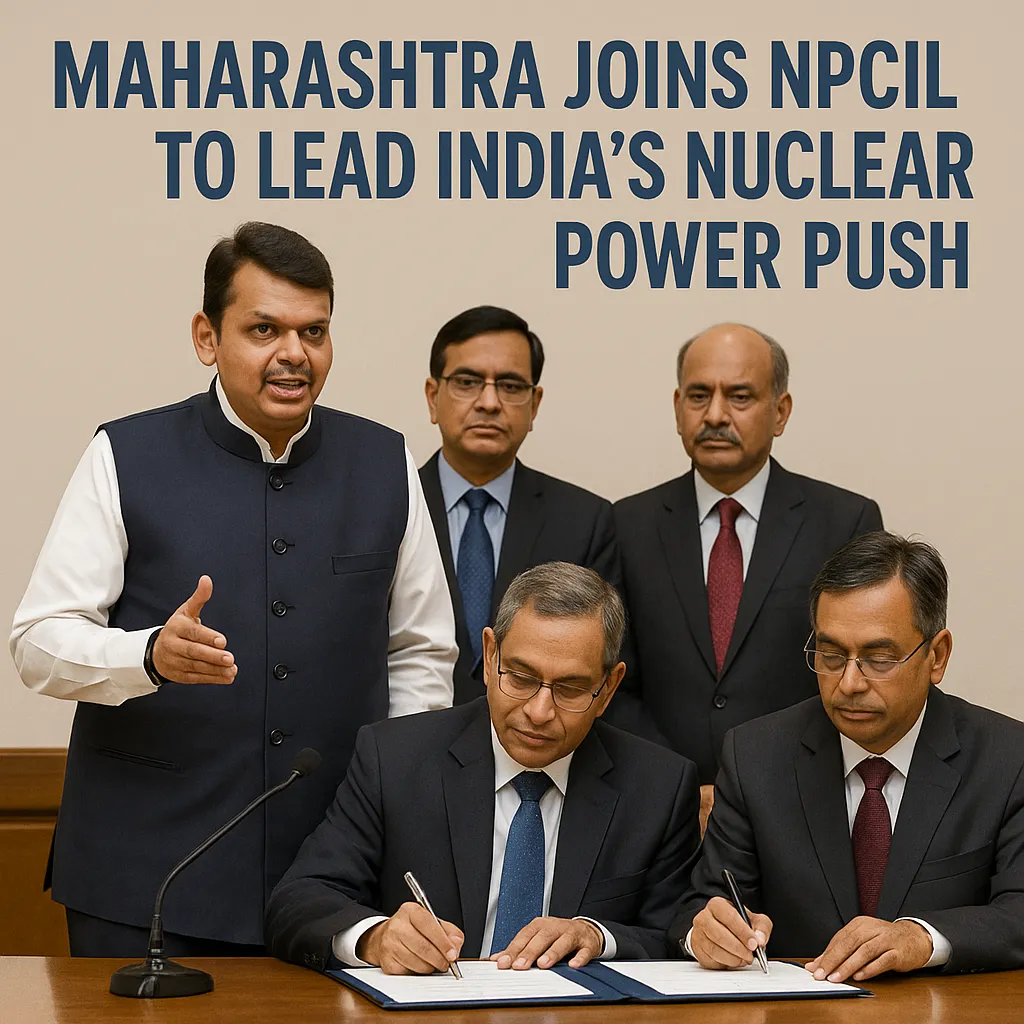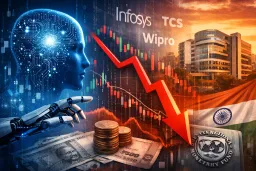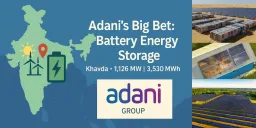Maharashtra Takes a Lead in India’s Clean-Energy Future with Nuclear Power Commitment

The industrial powerhouse state of Maharashtra has officially become the first Indian state to join the centre’s nuclear-based power generation initiative, marking a pivotal shift in how states engage with nuclear energy.
On 17 November 2025, the state government inked a Memorandum of Understanding (MoU) between Maharashtra State Electricity Generation Company Limited (Mahagenco) and Nuclear Power Corporation of India Ltd (NPCIL), signalling Maharashtra’s entry into nuclear power generation.
This move comes amid India’s broader push towards achieving its longer-term energy and climate goals, including the target of net-zero greenhouse gas emissions by 2070.
What the Agreement Entails
The MoU was signed at the Chief Minister’s official residence, with Mahagenco’s MD and NPCIL Chairman present.
Under the agreement, Maharashtra will partner with NPCIL to develop nuclear-power generation capacity, tapping into NPCIL’s expertise and utilizing Mahagenco’s infrastructure.
The chief minister emphasized that nuclear energy provides clean, reliable and uninterrupted power, which is crucial especially for industries and for Maharashtra’s status as India’s “data center capital”.
Why This Matters
1. Baseline Capacity & Reliability
In an economy increasingly reliant on uninterrupted power - especially data centers, manufacturing and high-tech sectors; nuclear power offers baseload generation (i.e., constant output) unlike many renewables which depend on weather. Maharashtra’s move highlights readiness to meet such demand.
2. Strategic for India’s Net-Zero & Clean Energy Goals
India has committed to reaching net-zero emissions by 2070. Experts emphasize that nuclear energy must play a role in the power-sector transition alongside solar, wind and storage.
By bringing in nuclear power, Maharashtra is aligning with the national ambition of building a diversified and low-carbon power mix.
3. Sub-national Leadership & State Role
Traditionally, nuclear generation was a central-government domain. This partnership signals a new paradigm where states actively join in nuclear power generation potentially unlocking faster deployment and capitalizing on regional strengths.
The Broader Context: India’s Energy Transition
According to analysis:
India’s total clean-energy capacity has surged but the transition remains a “work in progress”.
Key hurdles remain: financing of trillions of dollars, policy/infrastructure gaps, and the need to phase out fossil-fuel dependency.
Nuclear is viewed as a pillar of the future power system because of its ability to deliver stable power with low carbon output.
Implications for Maharashtra & Beyond
Industrial Growth: Reliable power supply will attract industries, especially data centers and manufacturing, boosting state growth.
Investment Appeal: Being the first state to partner on nuclear, Maharashtra may become a model for other states, thereby attracting energy-sector investment.
Energy Mix Diversification: Adds another tool beyond solar and wind, which face intermittency challenges.
Regulatory & Safety Considerations: As nuclear expands, issues of safety, regulation, waste management and public acceptance will become more prominent.
Challenges & Watchpoints
Cost & Time: Nuclear plants typically require large capital investment and longer build-times compared to many renewables.
Regulatory Complexity: Licensing, land acquisition, regulatory approvals and clearances can delay progress.
Integration with Grid: As more variable renewables join the grid, ensuring nuclear fits into the flexible system will require planning.
Public Perception & Safety: Given past nuclear-plant controversies, transparent safety management is critical.
Financing: Resources for large-scale nuclear expansion will be a challenge both in terms of capital and skilled manpower.
state participation nuclear generation India”
Conclusion
By becoming the first Indian state to partner with NPCIL for nuclear power generation, Maharashtra has taken a strategic leap in the country’s energy transition. This move underscores the importance of nuclear energy in the broader journey toward a cleaner, reliable and lower-carbon power system vital for India’s ambition to become a USD 30 trillion economy and achieve net-zero emissions by 2070. With the right governance, financing and execution, this could serve as a template for other states and accelerate India’s clean-energy future.









